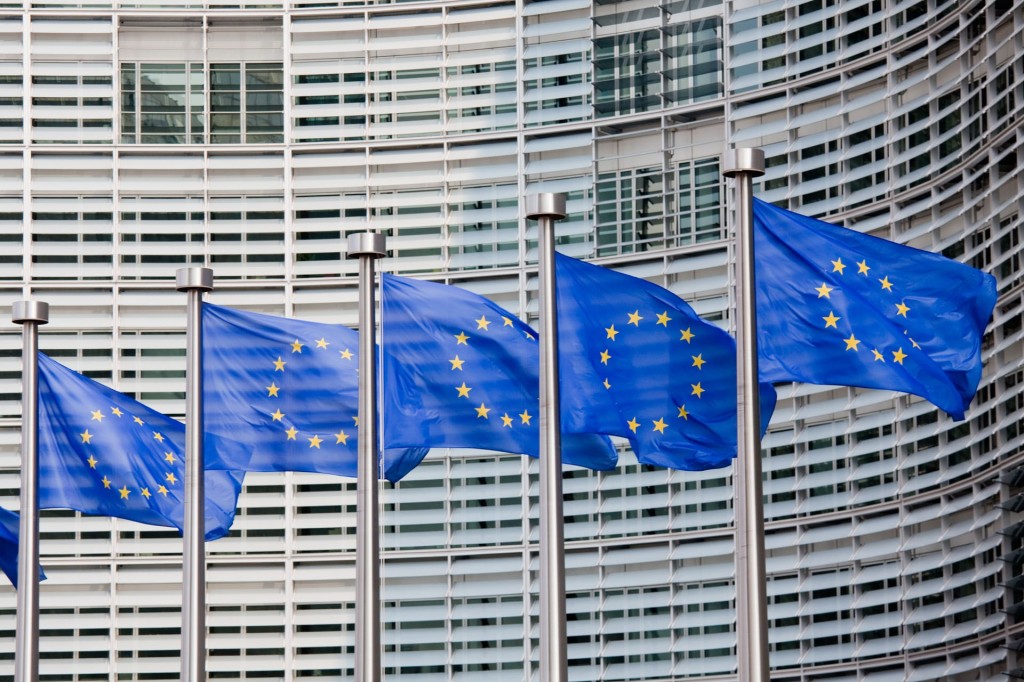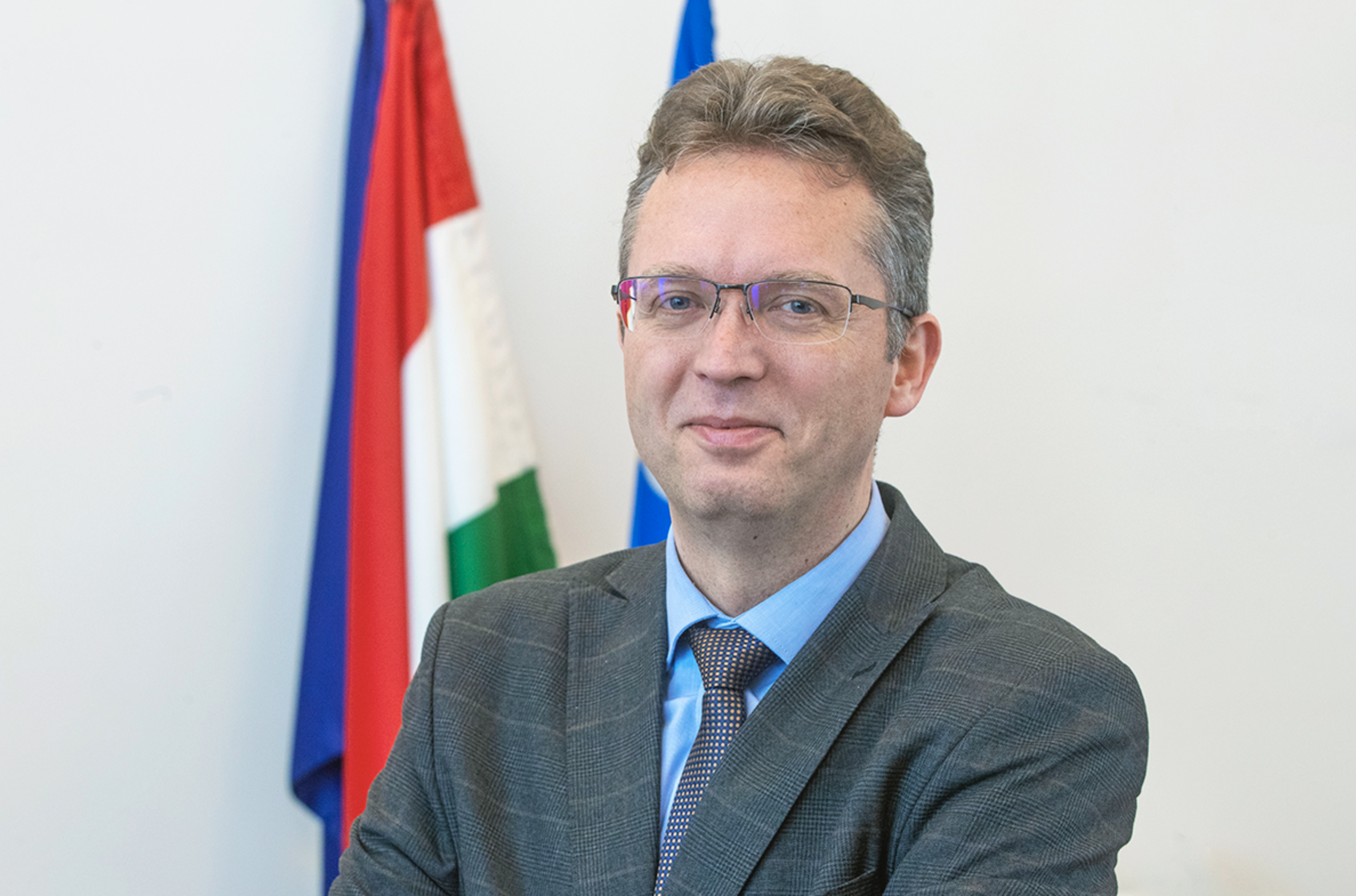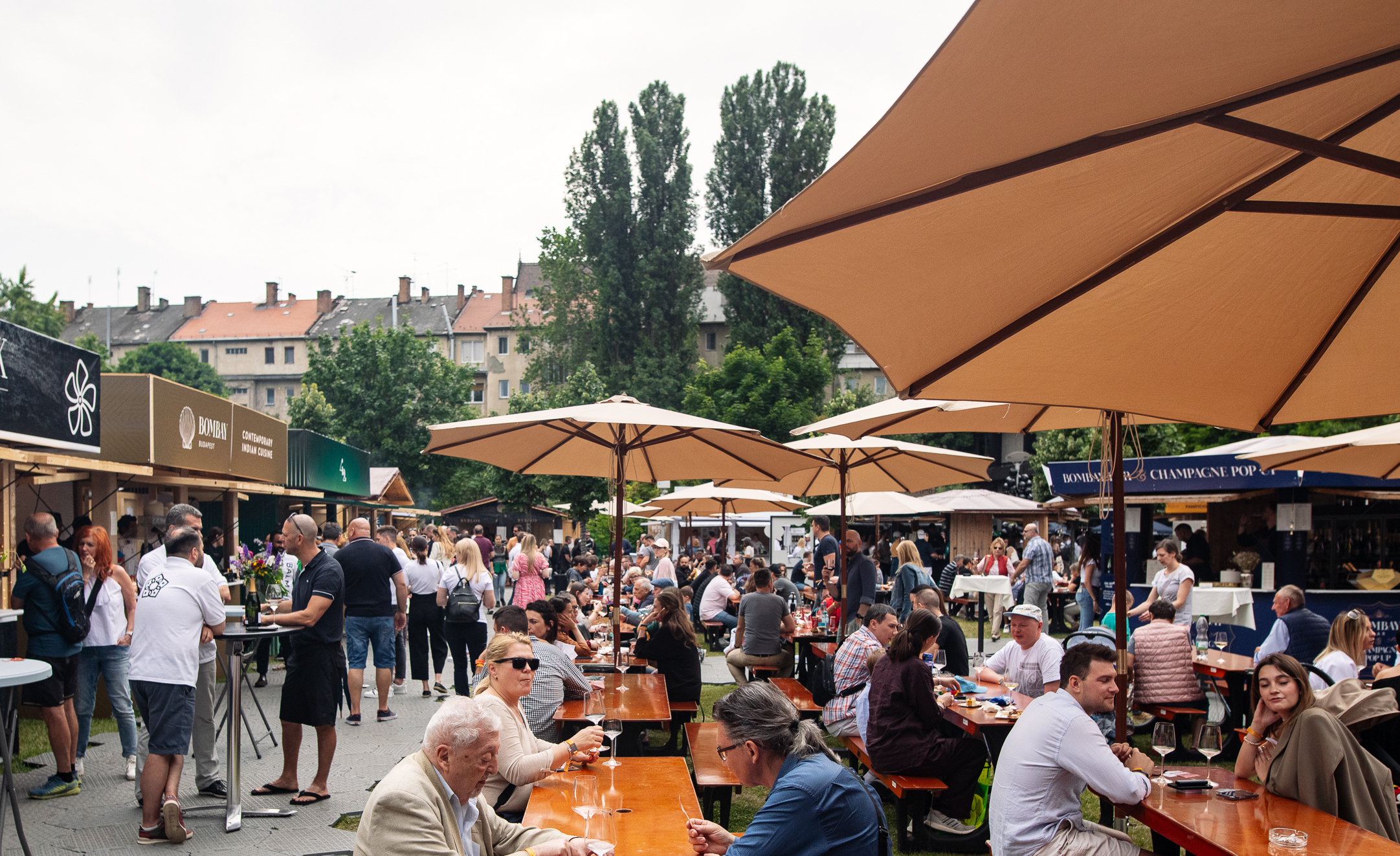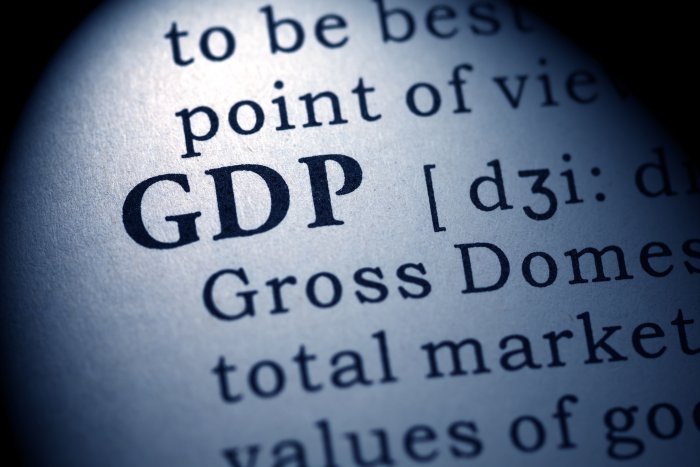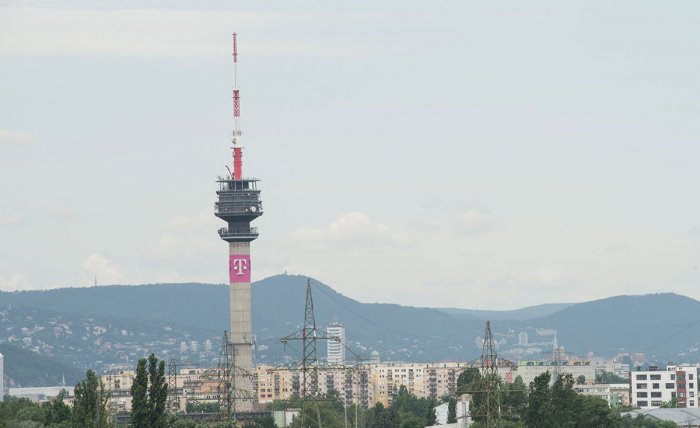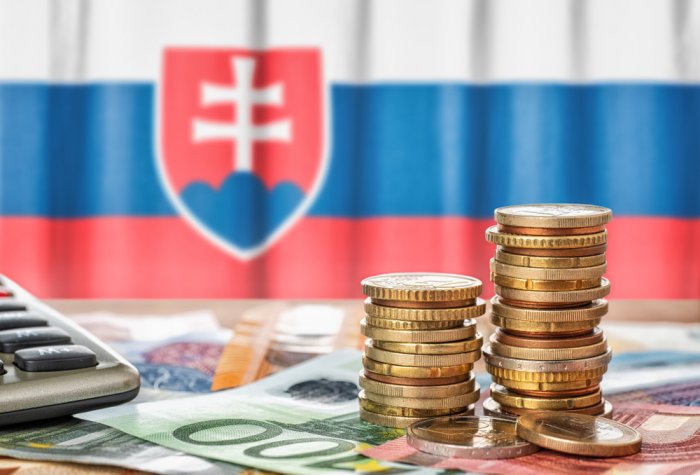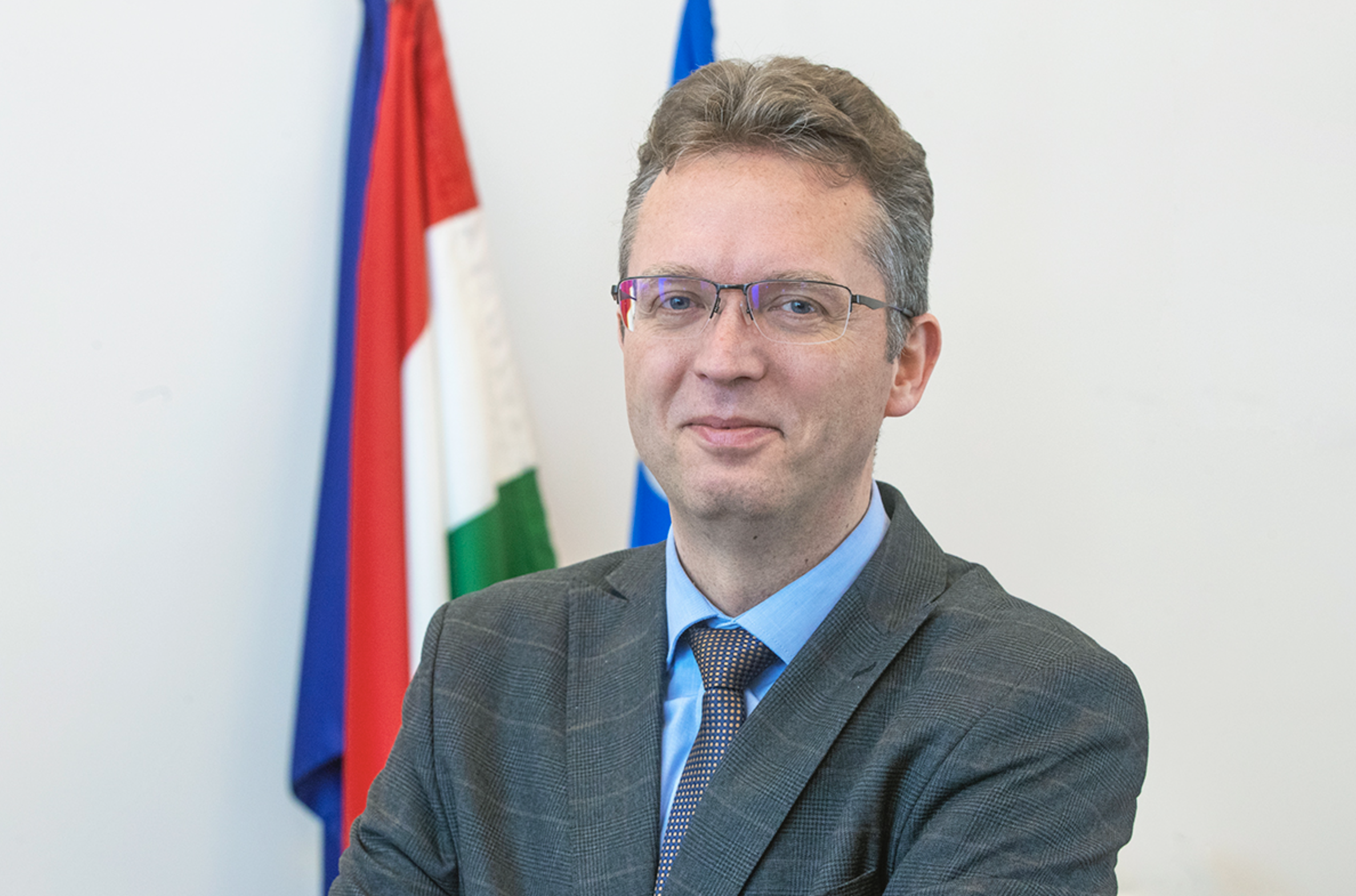Korean FDI in Hungary: Aiming Far Beyond Simple Co-existence

LG Magna e-Powertrain is setting up its first European plant in Hungary to produce e-motors and inverters.
South Korean investors are choosing to expand their European footprint in Hungary in ever larger numbers. The project catalog of the Hungarian Investment Promotion Agency gives a clear snapshot of why and how.
Although mass-scale production in W-Scope’s EUR 720-million separator film plant, a Hipa-guided project, is not due until 2025, the Korean company is eager to blend in at the community level. Earlier, it signed up a large team of staff members to participate in a pig slaughter contest, a traditional cultural event in Nyíregyháza (230 km east of Budapest by road), the large town that hosts the factory. Fun fact: the firm also had Korean meat shipped in to present their culinary heritage alongside that of Hungary.
Given that W-Scope is just one of the roughly three hundred Korean firms operating all over Hungary, such local-level interaction is commonplace by now. The separator film maker will create up to 1,200 new jobs, but that headcount is dwarfed compared to Hankook Tire or battery giants such as Samsung SDI and SK On, which employ around three or four times more.
The advance of investors from the East Asian country has been going on for a while now in Hungary. Hipa has closed deals worth a combined EUR 10.5 bln in the past five years alone, creating 14,000-plus jobs. In that same timeframe, South Korea topped the investment volume chart no less than three times in 2019, 2021, and 2022.
“Korean investors made capital pledges worth nearly EUR 2 billion last year alone, which reflects the continued dedication of their business community to strengthen their presence further here,” says István Joó, CEO of Hipa. “We welcome such endeavors as it is in our vital interest to attract capital-rich Asian stakeholders that bring cutting-edge technology and invaluable knowledge transfer to Hungary. Their investments are also paramount to help the economy get back on a growth track.”

Infrastructure Expansion
As the Korea Trade Investment Promotion Agency (Kotra) noted in a recent report, Hungary, unlike other European peers, remains open to investments from Korea and China. On the other hand, the stability of Korean businesses will be primarily determined by the speed at which infrastructure is established to facilitate manufacturing, Kotra added.
According to Joó, the government and Hipa are fully committed to making all necessary infrastructure available in a timely manner.
“We are aware of the importance of the issue, and we are working closely with ministries and authorities to make sure that the announced projects can be implemented on schedule,” he says.
As illustrated by several measures, Korea plays a pivotal role in the Hungarian economy. The Asian country forms the third-largest investor community and is Hungary’s 12th most significant trade partner. Bilateral trade has been soaring by well above 30% in both of the past two years.
The most recent Korea-related FDI deals tell a tale of intensifying investor activity in the automotive sector. Leading automotive thermal solutions supplier Hanon Systems is investing EUR 117 million to develop three of its sites in Hungary and also plans a training program.

Large-scale Investment
In addition, LG Magna e-Powertrain, a joint venture between LG Electronics (of Korea) and Magna (the Canadian automotive component supplier), announced that it would build its first European production facility in Miskolc (195 km northeast of the capital) in an investment worth EUR 51.6 mln, at IAA Mobility 2023, the world’s largest mobility gathering. Hankook Tire has initiated an even larger-scale project: the company is building a gigantic 66,000 sqm tire plant for close to EUR 540 mln.
Research has also received a marked boost lately, with Samsung SDI pledging to invest EUR 61.9 mln to implement the most extensive R&D project in the history of Hungarian investment promotion to date.
“Samsung SDI has been operating here for a few years, and we knew that the day would come soon when the company was ready to take cooperation to a whole new level that represents high added value,” Joó notes.
All the signs point to Korea and Hungary being keen on deepening relations. Take the bilateral memorandum of understanding the countries signed one year ago. As was pointed out back then, the MoU aims to expand cooperation from the automotive and electronics industries to the biotechnology and pharmaceutical sectors by enhancing ties between institutions of higher education in the two countries, among others.
Interactions at the local community level are just as important, and, as showcased by the example of W-Scope’s pig slaughter engagement, such bonds are also being formed not just to pave the way for simple co-existence but to build genuine human connections.
Untapped Opportunities in Technology and Knowledge Transfer
Hungary and Korea are working closely together to explore new layers of cooperation. At a recent Economic Innovation Partnership Program (EIPP) event, high-level representatives of both sides discussed how the benefits of technology and knowledge transfer could be exploited more effectively. The EIPP primarily focused on the development of e-mobility and carbon neutrality. Relying on a previous cooperation agreement signed in 2022, Hungarian researchers and experts will have ever more chances to take part in scientific and innovative technology projects.
Domestic Finance on Your Overseas Doorstep
In response to the remarkable investor activity, the Korean banking system is also expanding its footprint in Hungary. After two commercial lenders and one state-owned one, a fourth market player, Hana Bank, announced it would set up shop in the country.
“Our Budapest office is expected to assist Korean battery businesses inking deals, as aided by market research and local business networking organization,” a Hana Bank official said. Shinan Bank Co. Ltd. and Woori Bank arrived in 2021, and the state-run Korea Development Bank also has a subsidiary here, KDB Bank (Hungary) Zrt.
This article was first published in the Budapest Business Journal print issue of April 19, 2024.
SUPPORT THE BUDAPEST BUSINESS JOURNAL
Producing journalism that is worthy of the name is a costly business. For 27 years, the publishers, editors and reporters of the Budapest Business Journal have striven to bring you business news that works, information that you can trust, that is factual, accurate and presented without fear or favor.
Newspaper organizations across the globe have struggled to find a business model that allows them to continue to excel, without compromising their ability to perform. Most recently, some have experimented with the idea of involving their most important stakeholders, their readers.
We would like to offer that same opportunity to our readers. We would like to invite you to help us deliver the quality business journalism you require. Hit our Support the BBJ button and you can choose the how much and how often you send us your contributions.



